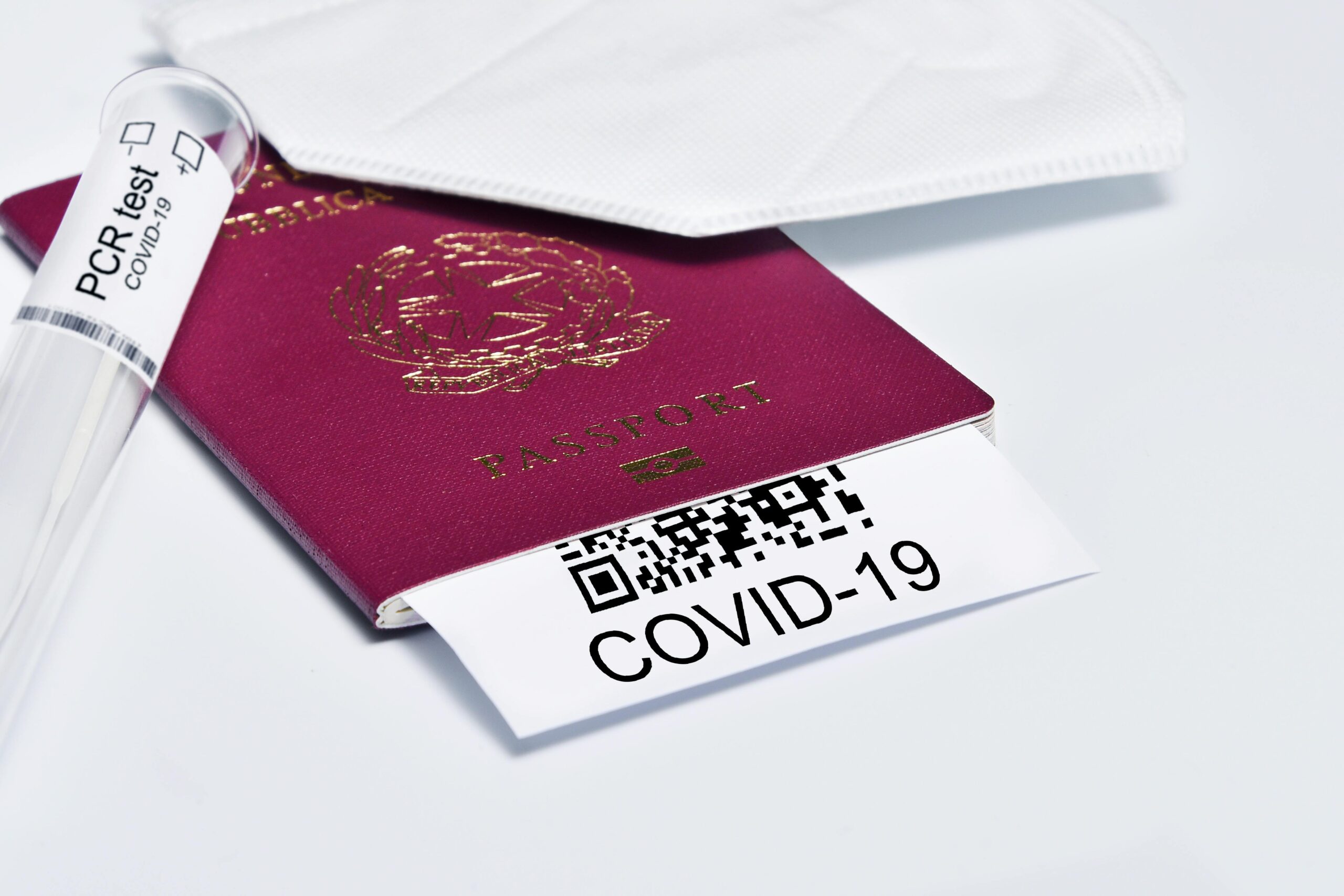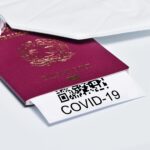Table of Contents
- 1. Understanding the Remarkable Nature of a Discretionary Grant of Citizenship
- 2. The Indispensable Core Documents for Your Discretionary Grant Application
- 3. Building a Compelling Narrative: Proving Your Profound Connection to Canada
- 4. A Strategic Blueprint for Assembling a Successful Discretionary Grant Application
- 5. Frequently Asked Questions
Obtaining Canadian citizenship is a significant milestone, but the standard path is not accessible to everyone. For individuals with unique circumstances, such as the “Lost Canadians,” or those who face exceptional hardship, Canada’s Citizenship Act offers a special recourse: a discretionary grant of citizenship. Governed by subsection 5(4) of the Act, this provision allows the Minister of Immigration, Refugees and Citizenship to grant citizenship in special cases. Success in this intricate process hinges on presenting a meticulously documented and persuasive application. Understanding the required documents is not merely a procedural step; it is the very foundation of building a compelling case that warrants the Minister’s extraordinary consideration.
Understanding the Remarkable Nature of a Discretionary Grant of Citizenship
A discretionary grant of citizenship is fundamentally different from a standard application. It is not an automatic entitlement based on meeting a set of prescribed criteria like physical presence or language tests. Instead, it is an exceptional measure reserved for individuals who, for compelling reasons, deserve to be Canadian citizens but cannot qualify through conventional means. The legal authority for this grant stems from subsection 5(4) of the Citizenship Act, which empowers the Minister to bestow citizenship upon an applicant to alleviate cases of special and unusual hardship or to reward individuals who have rendered services of exceptional value to Canada. This discretionary power means that each case is judged on its own unique merits. The decision-maker must be convinced that the applicant’s circumstances are so compelling that an exception to the standard rules is justified. This places an immense burden of proof on the applicant. The application must not only be complete but must also tell a powerful story, supported by concrete evidence, that demonstrates a profound and enduring connection to Canada.
Applicants often include individuals who, due to arcane or outdated citizenship laws, lost or never received their Canadian citizenship despite having deep roots in the country—the so-called “Lost Canadians.” Others may have made significant contributions to Canadian society in fields like arts, science, or sports, or have demonstrated an unwavering commitment to Canada despite being unable to meet residency requirements due to their profession. Because the Minister’s decision is subjective, the quality, clarity, and comprehensiveness of the submitted documents are paramount. An incomplete or poorly substantiated application is unlikely to persuade an officer to recommend a favorable exercise of discretion. Therefore, a strategic and thorough approach to document collection is the cornerstone of a successful application for a discretionary grant of citizenship.
The Indispensable Core Documents for Your Discretionary Grant Application
While the narrative evidence is crucial, every discretionary grant application must first satisfy a set of fundamental documentation requirements. These core documents establish the applicant’s identity and ensure the application is administratively complete for processing. The primary form for this process is the Application for a Discretionary Grant of Canadian Citizenship [CIT 0001]. This form guides the applicant through the necessary personal information, but it is the supporting documents that give the application its substance. Neglecting these foundational elements can lead to immediate delays or rejection, preventing the substantive merits of the case from ever being considered. A meticulous review of the official Document Checklist (IMM 5291) is an essential first step. This checklist ensures that all mandatory components are included, from photographs that meet precise specifications to the final proof of payment. Each item is a critical piece of the puzzle, and ensuring their accuracy is non-negotiable for anyone serious about navigating this application process successfully.
Here are the key foundational documents that must be included in every application package:
- Citizenship Photographs: The application requires two identical citizenship photographs taken within the last six months. These photos have stringent specifications regarding size, background colour, facial expression, and the information that must be written on the back. Failure to adhere to these exact requirements is a common reason for applications being returned.
- Identity Documents: Clear, legible colour photocopies of biographical pages from all passports and/or travel documents are mandatory. If these are not available, the applicant must provide at least two pieces of government-issued identification, such as a driver’s license or health card, one of which must include a photograph. These documents verify the applicant’s identity and legal status.
- Proof of Canadian Residence: Even if the applicant does not meet the standard residency requirements, any evidence of time spent in Canada is vital. This can include school records, employment letters or contracts, pay stubs, and income tax assessments (NOA). These documents help establish a physical and economic connection to the country.
- Application Fee Receipt: Proof that the application processing fee has been paid is an absolute requirement. The receipt must be printed and included with the application package as evidence of payment.
Building a Compelling Narrative: Proving Your Profound Connection to Canada
Beyond the core administrative documents lies the heart of the discretionary grant application: the evidence that illustrates your special and unusual hardship or profound connection to Canada. This is where you must build a powerful, persuasive case that moves your application from a file number to a human story. The goal is to provide a rich tapestry of evidence that leaves no doubt in the decision-maker’s mind about your intrinsic link to the country. This evidence should be diverse and multi-faceted, painting a complete picture of your life as it relates to Canada. It’s not about submitting a high volume of paper, but about curating a selection of meaningful documents that collectively argue your case. For instance, demonstrating a multi-generational family history in Canada carries significant weight. This can be achieved through birth certificates of parents or grandparents born in Canada, or the citizenship certificates of close Canadian relatives. These documents establish that your connection is not recent or superficial, but deeply rooted in the nation’s history.
Your personal and professional life can also provide compelling proof. Records of employment in Canada, evidence of property ownership, or transcripts from Canadian educational institutions all serve as tangible proof of integration and contribution. If you have served Canada in some capacity, whether through the military, public service, or a significant role in a Canadian organization abroad, documenting this service is critical. Furthermore, demonstrating a deep understanding and appreciation of Canada is highly beneficial. This can include evidence of proficiency in one of the official languages, involvement in Canadian community organizations, or even a well-articulated letter explaining your knowledge of Canada’s history, culture, and values. For those who have spent significant time outside Canada, it is crucial to provide a clear and documented explanation for these absences and, more importantly, to show how you maintained your connection to Canada during that time.
A Strategic Blueprint for Assembling a Successful Discretionary Grant Application
Assembling an application for a discretionary grant of citizenship is an exercise in strategic communication. The final package should be more than just a collection of documents; it should be a cohesive and compelling argument for why you deserve this exceptional grant. Organization and presentation are key. A well-ordered, clearly labeled, and easy-to-navigate file makes a positive impression on the officer reviewing your case and allows them to understand the merits of your application more effectively. Always use the official Document Checklist (IMM 5291) as your master guide, ticking off each item as you include it. It is also wise to include a cover letter that serves as a roadmap for your application. This letter should briefly introduce your case, summarize the reasons you are seeking a discretionary grant, and list the key evidence you have provided to support your claims. This helps frame your narrative from the very beginning.
Every single document included should serve a purpose and contribute to your central argument. Before adding any piece of evidence, ask yourself: “What does this document prove about my connection to Canada or my special circumstances?” Ensure all photocopies are clear and legible, and provide certified translations for any documents that are not in English or French. Ultimately, the success of a discretionary application rests on the ability to persuade the Minister that your case is truly special. A thoughtfully prepared, meticulously organized, and powerfully substantiated application package is your most effective tool for achieving this goal. Given the subjective nature of the final decision, investing the time and effort to present your case in the best possible light can make all the difference between a refusal and the profound honour of being granted Canadian citizenship.
Frequently Asked Questions
What is a discretionary grant of Canadian citizenship?
A discretionary grant of citizenship is a special provision under subsection 5(4) of Canada’s Citizenship Act. It allows the Minister of Immigration to grant citizenship to individuals in unique situations who do not meet standard requirements, typically to alleviate special hardship or recognize exceptional contributions to Canada.
Who is eligible to apply for a discretionary grant of citizenship?
Eligibility is not based on a strict set of rules but is intended for individuals with compelling circumstances. This includes people facing unusual hardship, those who have provided exceptional service to Canada, and individuals like “Lost Canadians” who have deep historical ties to the country but lost or never acquired citizenship due to outdated laws.
What are the essential identity documents needed for the application?
Applicants must provide clear colour photocopies of the biographical pages of their passports or travel documents. If these are unavailable, they must submit at least two pieces of government-issued identification, such as a driver’s license or health card, with at least one containing a photograph.
How can an applicant prove a special connection to Canada?
A special connection can be demonstrated through a variety of documents, including the Canadian birth or citizenship certificates of parents or grandparents, records of employment or education in Canada, evidence of service to the country, and proof of deep knowledge of Canada’s culture and values.
What is the main application form for a discretionary grant of citizenship?
The primary form that must be completed is the Application for a Discretionary Grant of Canadian Citizenship, which is officially designated as form CIT 0001.
Talk to us to find out more. ->
The content above is not intended to provide legal advice or opinions of any kind and may not be used for professional or commercial purposes.







